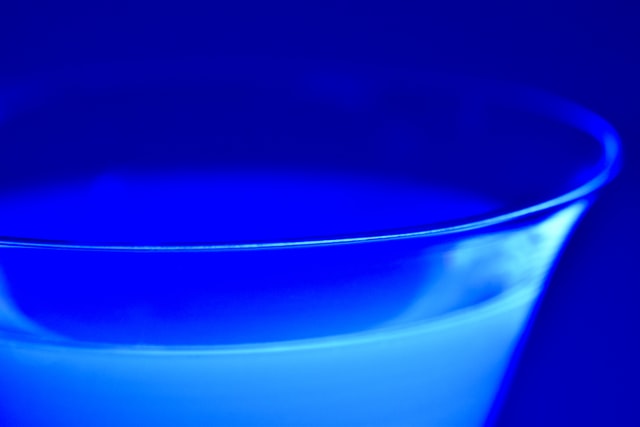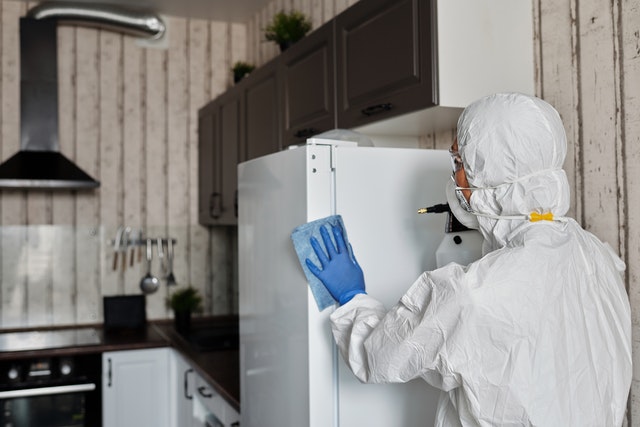Did you know that UV light is a disinfectant? For hundreds of years, many hospitals have been using it to clean and disinfect patient rooms and treatment equipment. The light is great for reducing the number of infections acquired in hospitals.
The disinfecting action happens when the source of light is very strong and close to the item that needs to be disinfected. Prolonged exposure increases the effectiveness of the treatment and there are many types of UV disinfectants.
Even though the thought of UV light sanitizers may seem too good to be true, it is a reality. The light can be used to kill germs without the need for a cleaning solution. With the recent shortage of cleaning solutions, hand sanitizer, and disinfectant, many consumers have turned to the new technology.

Products like UV device sanitizers, power banks, and sterilizer wands are quickly becoming popular. Like with any other new products, it makes sense that people have lots of questions. Keep reading to learn about UV disinfection and the way it works.
1. How Does It Work
The technology of UV light was discovered by the physician Niels Ryber Finsen in the 1870s. He used it to treat Lupus and other diseases and won the 1903 Nobel Prize. Since the physician discovered the use of UV light, many hospitals have been using it for their daily operations. It is used to minimize the spread of drug-resistant germs and disinfect surgical suites.
The electromagnetic radiation can produce three types of light: UVA, UVB, and UVC. The UVC rays have the highest energy but the shortest wavelength. They can, therefore, damage the molecular bonds holding bacteria and virus DNA together. The rays are used for UV disinfection.
2. Can UV Light Protect You From the Coronavirus?
As UV disinfectants become more and more popular, many wonder if they are effective against the Coronavirus. There are different types of disinfectants and their effectiveness varies.
Reports by the FDA suggest that UVC radiation can damage the protein that coats the SARS-Coronavirus. HealthySole® PLUS, for example, can kill 99 percent of coronavirus on the soles of your footwear. Researchers believe that UVC may be able to deactivate many pathogens including fungi, viruses, and bacteria. It can prevent the spread of diseases.
Since UV light has a limited range, it does not penetrate past the dead layer of your skin. It cannot tear through the outer layer of your eye either. Therefore, UV disinfectants are not human hazards.
UVC light can reach and destroy the DNA of bacteria and viruses because they are a lot smaller than your regular cells. Surfaces like the sole of your feet, glass, and marble are much easier to disinfect than cloth and other irregular surfaces.
3. UVC as a Germicide
UV disinfectants kill microorganisms using UVC, also known as Ultraviolet Germicidal Irradiation (UVGI.) UVC may be used in a variety of applications including air, food, and water purification. It works by disrupting the DNA of microorganisms and damaging their nucleic acids. The effect of UVC on these organisms is a lot like sunburn in human beings.
The atmosphere can naturally filter out UVC. Therefore, it does not harm living things. With UV sanitizing, however, you have to be careful. Try to keep the rays from getting into contact with your eyes and skin. With proper use, UVC can be a strong, safe, and effective disinfectant.
For many years, it has been used to render viruses and bacteria unable to reproduce and function. Even though the craze on germicidal irradiation seems new, it has been around for decades. It just gets better with time.
4. Choosing a UV Disinfectant

Even though there are many devices for UV sterilization, they aren’t all appropriate for your needs. The options include mobile phone sanitizers, UV disinfection lamps, sterilizer wands, and toothbrush sanitizers. Most of them are portable and easy to keep around your home, office, or car. The convenience makes them better than most disinfectants.
It is impossible to say which one is better than the other one because they all have unique benefits. If, for example, you wish to disinfect your entire room, a UV disinfection lamp would be more appropriate than sterilizer wands. Consider power consumption, portability, and general usage. Do not assume that all UVC sanitizers are the same. Some brands are better than others.
In conclusion, UV disinfection is no longer a distant dream. It has become a reality that everyone needs to take advantage of. Whether you are trying to protect your loved ones from the Coronavirus, stay healthy, or make your home cleaner, you could benefit from a good UV disinfectant. The options are endless and you can easily find something or your needs. When in doubt, consider seeking the help of a professional.










